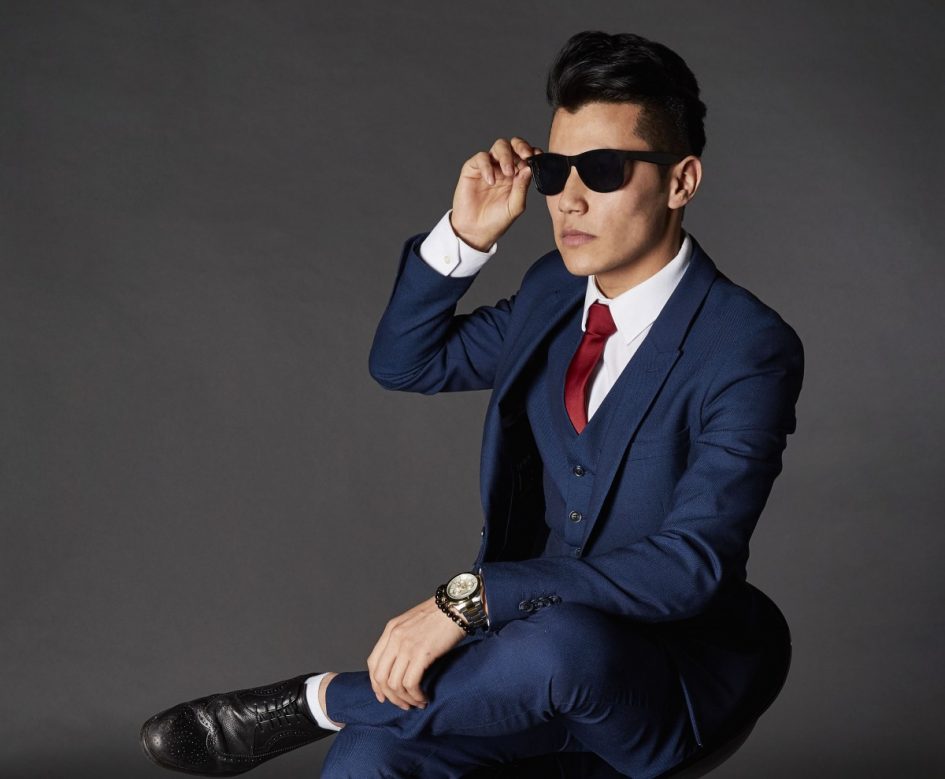For me, this book probably hit the closest to home because of my connections to Filipino-American families, being my boyfriend’s family. He is part Filipino and part white, his father being a white man from the south while his mother is Filipino but born and raised in Washington. An interesting point brought up by Aiden during the small group discussions was the lack of Filipino culture, rather there was Filipino-American culture being described throughout the book. The author’s intent seems clear that there is a large difference between what is Filipino and Filipino-American culture — there maybe aren’t as many traditional foods or gatherings, and American cultural standards have taken precedence like mainly speaking English. There were some other aspects that were more culturally Asian/Filipino like respecting your elders, not making eye contact (like Buddy being afraid to look directly at his father when he was five), as well as the father being the money maker — the familial patriarchy.
The book itself was told in its own way, where the author made sure to really write in a voice that fit the situation. There was different vernacular and code switching used throughout the book that showed the adaptability a Filipino-American would need, such as Buddy. He effortlessly switched between his regular American standard of English, to a more Filipino-sounding accent, to the informal speech he used with his friends like Rico and Aaron. This showed me how Buddy was intelligent and able to switch his brain back and forth between the different types of language that would be most suiting for a situation.
There were many themes throughout the book, a large one being that of hope. Buddy is definitely shown in a light of being the “new generation,” the next group of kids that is supposed to do better than their parents and to be the ones to really become established and break the tradition of intergenerational hardships. Even Buddy’s friend, Rico, who is close in age to him realizes that Buddy has had way more opportunities and options laid out for him than someone like Rico who’s father left and didn’t have the discipline to get through school. But then characters like Stephie clearly had a superiority complex about being part white, seeing that as their own version of hope — and outlet from the Filipino-American life that seemed to fail their parents.
Buddy’s relationship with his father was not an easy one, it was clearly strained and they weren’t close but they still had a bond through their nonverbal-ness. But Buddy had a lot of other men to look up to in his life, like his Uncles Leo and Kikoy, as well as his fighting instructors Roy and Taky. But something that the men in his life all had in common was that violent fire that led to fighting, from his own father to his more zen-like instructors. That symbolism of fighting seemed to be a physical manifestation of all of their struggles; the Filipino men in Buddy’s life all being fighters or interested in fighting maybe as a way to show their dominance and to show their equality to white men in a fight. This idea of fighting continued with Rico was drafted for the Vietnam war, shipped off to fight for a country that would not, in return, fight for his people.
Buddy’s friendships played a large role in becoming who he was, like his African-American friend Aaron. Aaron and he had grown up together, called each other blood (potentially a term of kinship), and never paid any mind to what color skin they had. But when they got older and met up, those differences and intersectionality began to show because though they both are POC, they each had different struggles. Those struggles began to collide when Aaron’s new friends had ganged up on an Asian man and beat him, and Aaron did nothing to stop it. Buddy becomes outraged at this thinking that this is showing Aaron’s true side, that he would not help if Buddy were that Asian being beat up. This whole scene seemed to show the loss of childhood innocence that Buddy still clung to; he no longer could claim ignorance and color-blindness was on his side because racial issues were getting too heated and coming too close to home.
Another theme in the story was that of vanity — Buddy describes the men he grew up with as being very well-dressed and well put-together even though all of them were living in relative poverty. They all wanted to show up in their best clothes and give off the impression of power through their physical looks. This also ties into the toxic masculinity that Buddy grew up around, with his father always having a short temper and looking for a fight as well as his Uncles all making misogynistic comments about women as well fetishizing and objectifying women. This seemed to play a large part in Buddy’s life and his romantic relationships, showing that he could not hold onto them because of this internalized and engrained ideas of misogyny that he grew up with.
